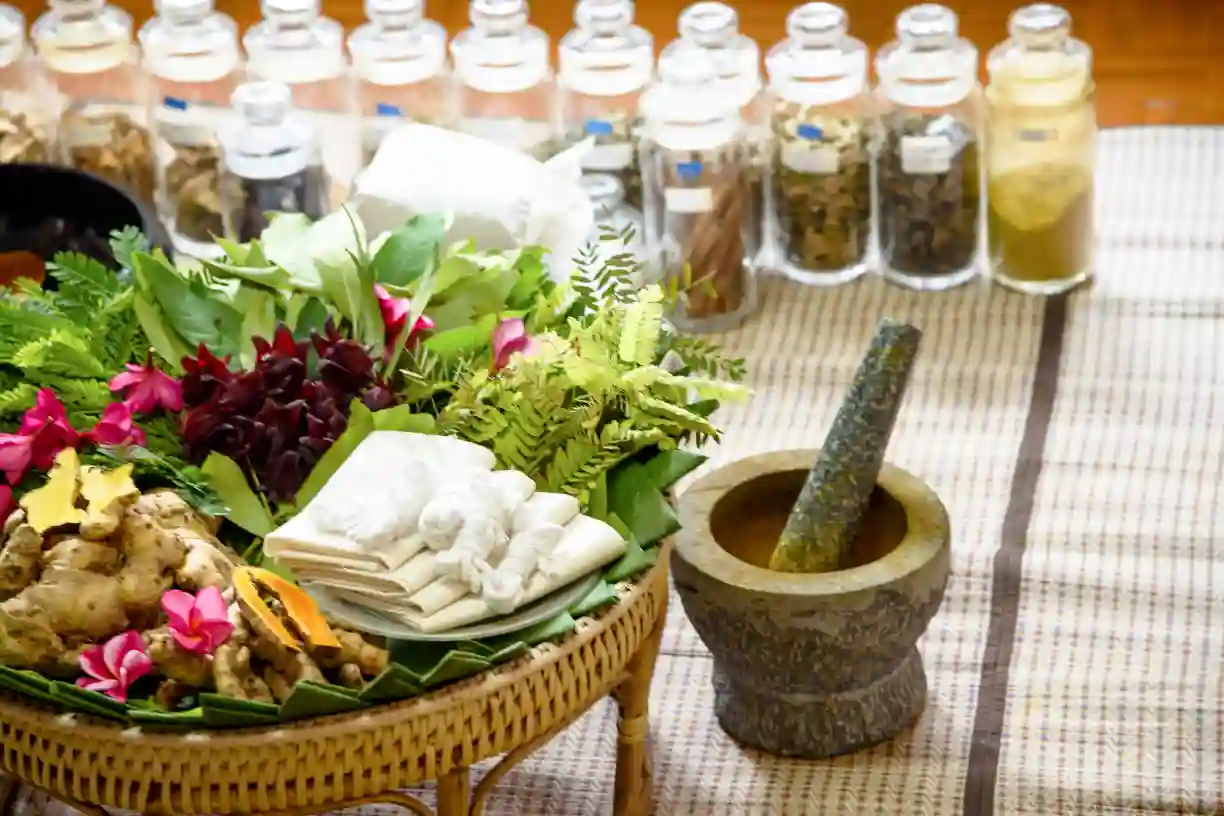
5.5 Year
The Bachelor of Ayurvedic Medicine and Surgery (BAMS) is a distinguished undergraduate program specializing in Ayurvedic medicine, an ancient and holistic system of healing from India. Spanning five and a half years, this course combines theoretical knowledge with practical training. Students delve into essential subjects such as Ayurvedic anatomy, pharmacology, herbal medicine, and clinical practice, developing expertise in natural and holistic treatment methods. The BAMS curriculum merges traditional Ayurvedic practices with modern medical insights, preparing students to deliver comprehensive Ayurvedic healthcare solutions.
The BAMS program is increasingly popular due to the rising demand for alternative medicine and complementary therapies. Graduates are well-prepared to pursue careers as Ayurvedic doctors, consultants, or practitioners in various healthcare settings. Additionally, BAMS graduates can specialize further within Ayurvedic medicine, engage in medical research, or contribute to public health initiatives. The program’s integration of ancient Ayurvedic wisdom with contemporary medical approaches makes it a sought-after qualification for those interested in holistic and integrative medicine.
Job Profiles:
Sectors: